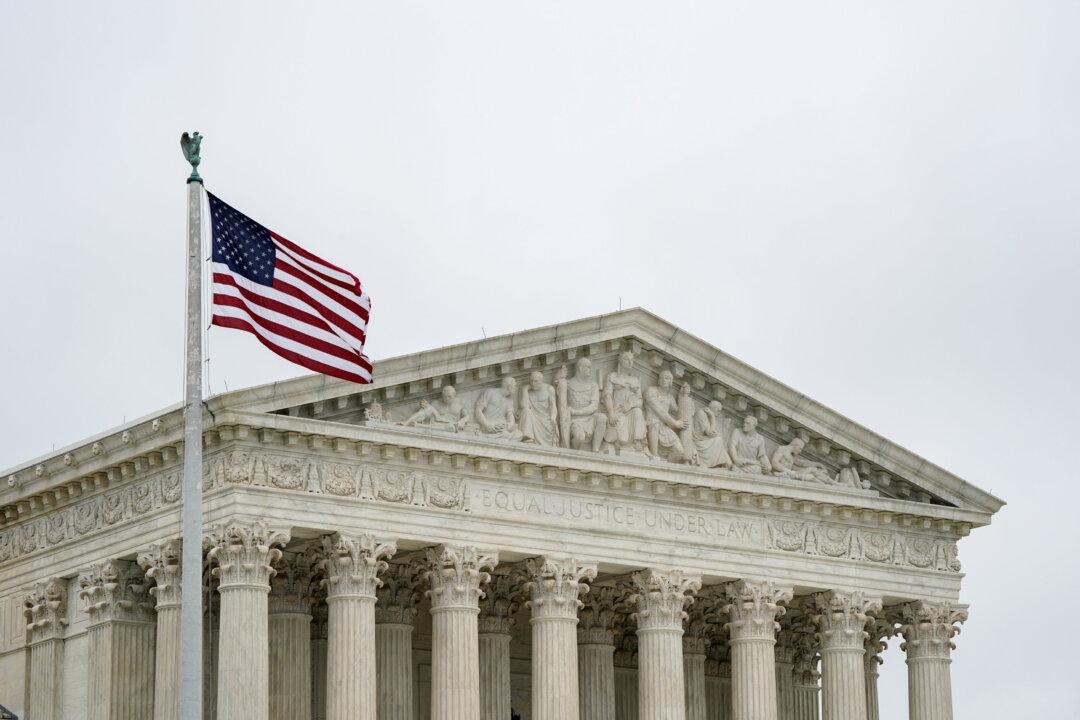In a 5-4 decision in the case Trump v. Hawaii, the Supreme Court upheld President Donald Trump’s proclamation limiting admission into the United States of foreign nationals from eight nations.
The June 26 decision affirmed the president’s executive power over immigration. The ruling was welcomed by Trump as a victory highlighting the importance of strong border security.





